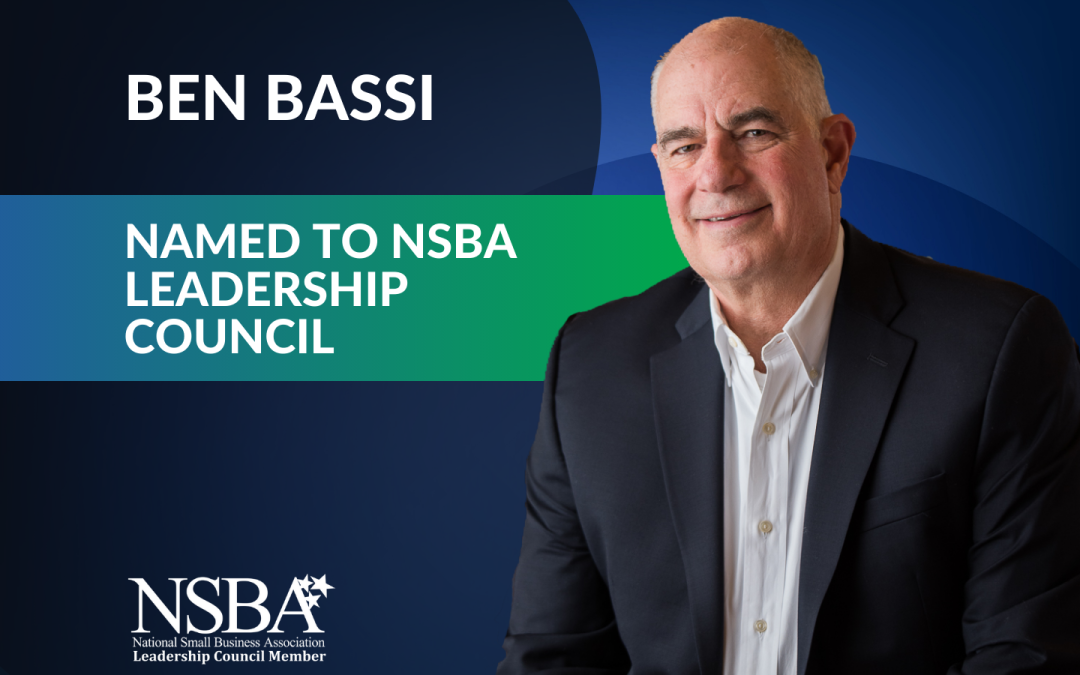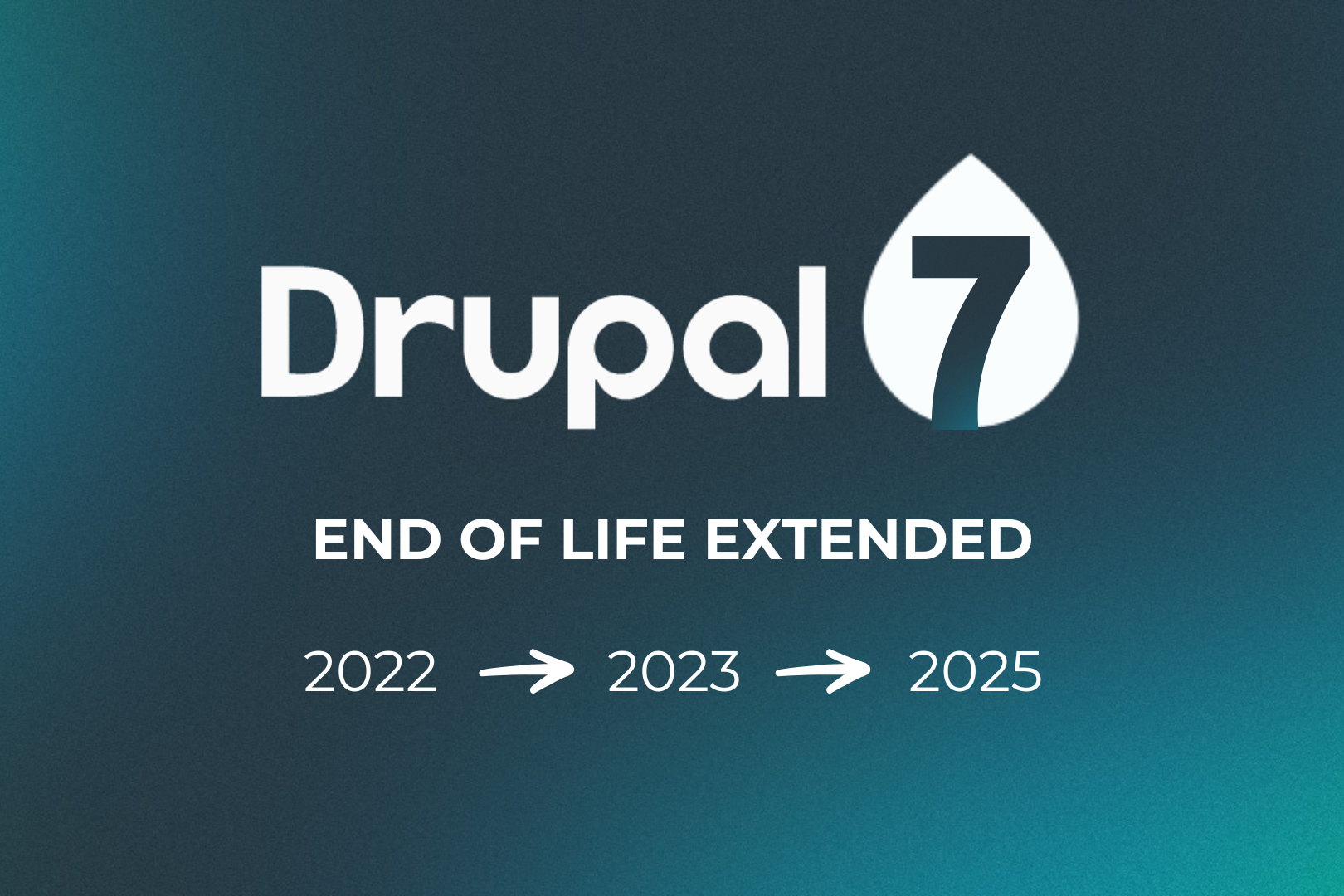
Config Sync Overview
When Drupal 8 was released, it came with Configuration Syncing functionality. This has been a staple ever since for Drupal 9, Drupal 10, and beyond. Configuration Syncing was a game changer and one of my favorite features in Drupal Core.The days before config sync...

Acquia Engage 2023: The AI Revolution Transforms Digital Marketing
I recently attended the Acquia Engage 2023 Conference in Boston, where Acquia outlined transformative strategies for...

Ben Bassi Joins the NSBA Leadership Council
Ben Bassi, President of CommonPlaces, Inc. was named to the National Small Business Association (NSBA) Leadership and...

Website Development Costs: Retainer or Hourly?
It's no secret that your online presence is an important factor in reaching your annual goals, from reaching and...

Don’t Let Your Website Turn Into a Zombie!
Your company’s Website is a living piece of any Marketing Effort. Here are some preventative measures to help make sure your site stays fresh.

6 Tricks to a Spookily Successful Website for Your Startup
With the spirit of Halloween upon us, we’ve put together some web tips on creating a spookily successful website for your startup.

6 Common Website Security Vulnerabilities
Protect your website against security threats. Here are 6 of the most common security vulnerabilities you must protect yourself against.

5 Tips on Choosing the Right Keywords
Picking the right keywords and keyword phrases is one of the most important steps in successful search engine optimization (SEO).

Factors that Impact the Cost of Your Website Redesign
In today's digital landscape, having a website is essential for businesses. Whether building anew or redesigning an...

Create Senior & ADA-Friendly Websites: Inclusive Online Spaces for All
As Baby Boomers approach retirement age, ensuring that your website is ADA and senior-friendly isn't just a choice;...

The Importance of Website Planning
Let’s take a deeper dive into how the Planning Phase progresses by understanding website planning!

Essential Digital KPIs for Property Managers To Measure Success
Did you know that in 2021, 87% of apartment hunters used online resources in their search for a new rental property?...

Drupal 7 Extends Support Until January 2025
Drupal announces the extended support for Drupal 7 until January 2025.